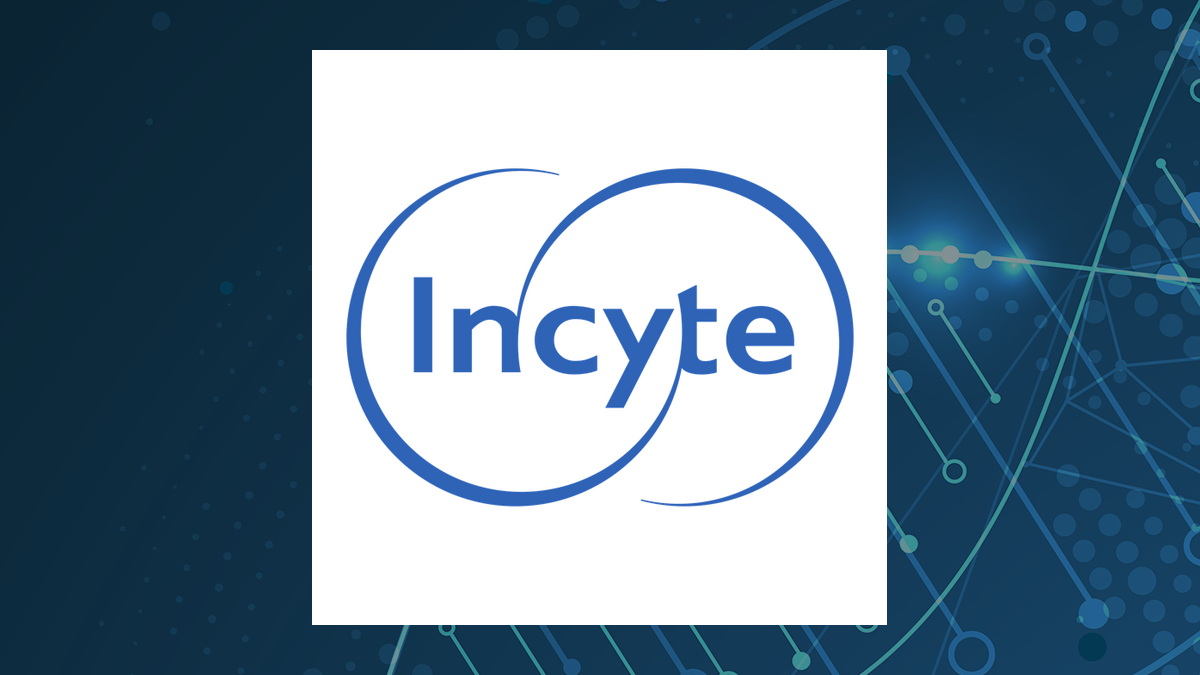Meta has issued a gauntlet in the international AI competition with the shock weekend debut of its Llama 4 models, introducing Scout, Maverick, and the still-upcoming Behemoth. The technology giant isn’t merely showing technical brawn, it’s indicating a change in strategy, tone, and competitive dynamics. With open competitors such as China’s DeepSeek making inroads, Meta seems to be speeding up its AI build in retaliation, offering its strongest, and most politically sophisticated, models yet.
Three Models, One Goal: Multimodal Intelligence Llama 4 is a significant upgrade to Meta’s AI lineup with every model trained on enormous datasets across text, images, and video to enable sophisticated multimodal capabilities. The Scout and Maverick models are now open for public use through Llama.com and Hugging Face among other platforms, while ultra-powerful Behemoth remains in training.

Meta has also incorporated Llama 4 into its Meta AI assistant, now live on WhatsApp, Messenger, and Instagram in 40 nations. Image and video-based features are limited to US users at this time, though, and only in English. A New Architecture: Mix of Experts for Smarter AI All Llama 4 models share a ‘mixture of experts’ (MoE) architecture, a more efficient approach with smaller specialised models that tackle specific subtasks.
Maverick, the most well-balanced assistant model , has 400 billion total parameters but just 17 billion active at any given time, while Scout has an astonishing 10 million-token window for extreme long-context tasks. Behemoth, in training, should be able to beat GPT-4.5 and Claude 3.
7 Sonnet in STEM reasoning tasks. Access Restricted: EU Ban Stirs Eyebrows Contrary to its open-source moniker, Llama 4 has strict licensing conditions. Users or companies based in the EU are not allowed to use or distribute the models, most probably because of strict regional AI regulatory laws.
Any company with more than 700 million monthly active users also needs to get a special license from Meta, a provision that has raised eyebrows among developers. Meta Relaxes the Muzzle on Political Content In a change of pace, Meta reports Llama 4 is calibrated to answer more candidly to politically and socially charged questions. Prior Llama versions were programmed not to touch upon controversial subjects, but the current versions are reported to provide fairer answers without taking a staunch stance on individual perspectives.
This release follows the pressure from politicians and technology influencers such as Elon Musk , who have criticised the top AI players for being overly ‘woke.’ The Verdict: Not Yet a ‘Reasoning’ Model, but a Clear Power Play While Llama 4 isn’t categorised as a full-fledged ‘reasoning’ model like OpenAI’s o1 or Anthropic’s Claude 3 Opus, Meta’s internal benchmarks show it already competes, and in some cases surpasses, existing leaders in performance. Scout’s ability to process millions of words, Maverick’s versatility, and Behemoth’s sheer scale point to a future where Meta’s AI could be more influential than ever.
In a rapidly accelerating AI arms race , Llama 4 isn’t merely Meta’s new product, it’s a declaration of intent. With competitors nipping at the heels, regulatory pushback building, and worldwide stakes greater than ever, Meta is staking everything on the proposition that wiser, more open, and braver AI will prevail. Whether developers and regulators concur remains the next watch to see.
.
















